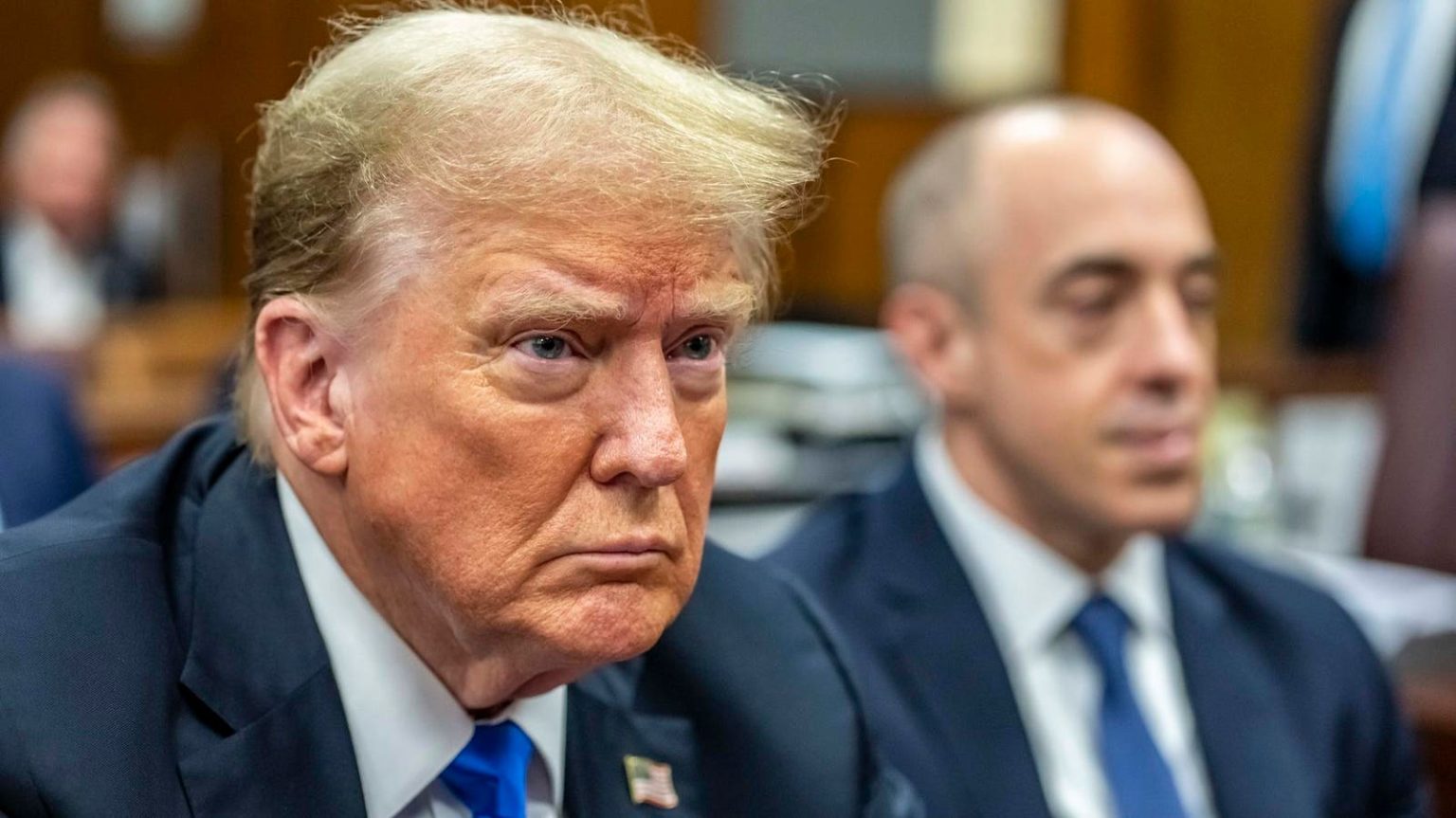In a high-stakes trial, jurors are currently deliberating over whether former President Donald Trump should be convicted on 34 felony counts, with a verdict anticipated soon. The charges against Trump stem from accusations that he falsified reimbursement checks to his ex-attorney Michael Cohen, who paid adult film star Stormy Daniels $130,000 to conceal allegations of an affair before the 2016 election. Prosecutors argue that the checks were falsely categorized as payments for legal services, leading to the charges against Trump.
Under New York law, falsification of business records is initially considered a misdemeanor, but it becomes a felony if it can be proven that the defendant intended to defraud by covering up another crime or aiding in its commission. In this case, prosecutors assert that Trump falsified records to conceal a violation of New York’s election law, which prohibits conspiring to influence an election by unlawful means. The jury must now determine if there was a third crime committed in connection to the hush money scheme that made it a violation of the election law.
Judge Juan Merchan provided jurors with several options for the third unlawful action that could have influenced the election through unlawful means. This could include violating the Federal Election Campaign Act, falsifying other business records, or violating tax laws related to the payment made to Daniels. While all jurors must agree on the first and second crimes for conviction, they may differ on the third crime or unlawful means to influence the election, such as campaign finance violations versus tax violations.
Despite false claims by Trump and some of his supporters, jurors are indeed required to reach a unanimous verdict to convict Trump. Trump has pleaded not guilty to the charges against him and described the case as a witch hunt, questioning the jury’s instructions and claiming he is entitled to specificity. If convicted, each count against Trump carries a penalty of up to $5,000 per offense and/or up to four years in prison. Legal experts believe it is unlikely but not impossible for Trump to be sentenced to prison as a first-time offender.
The trial marks a historic moment as Trump became the first sitting or former president to be indicted on criminal charges. He faces a total of 91 charges in state and federal courts, with charges in Georgia subsequently dropped. The charges in Manhattan are related to the reimbursement checks sent to Cohen, who paid Daniels to keep quiet about her alleged affair with Trump. Witnesses have testified at the trial that the hush money scheme was aimed at protecting Trump’s chances in the 2016 election, particularly following the release of a damaging tape from “Access Hollywood.” Cohen has previously pleaded guilty to campaign finance crimes related to the payment.


